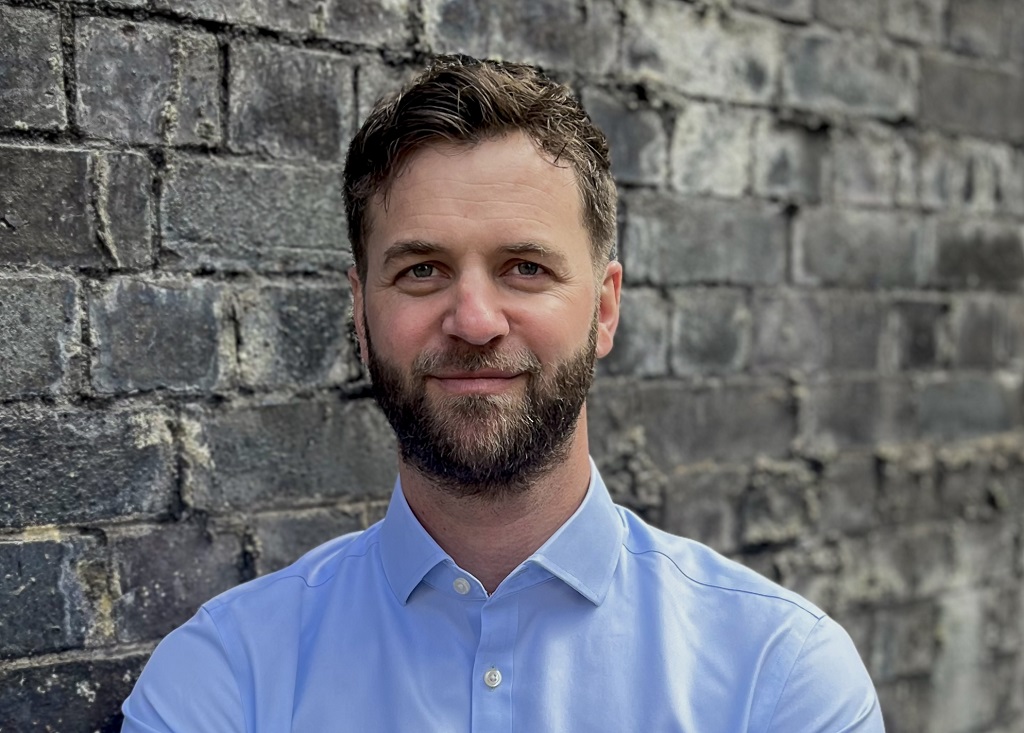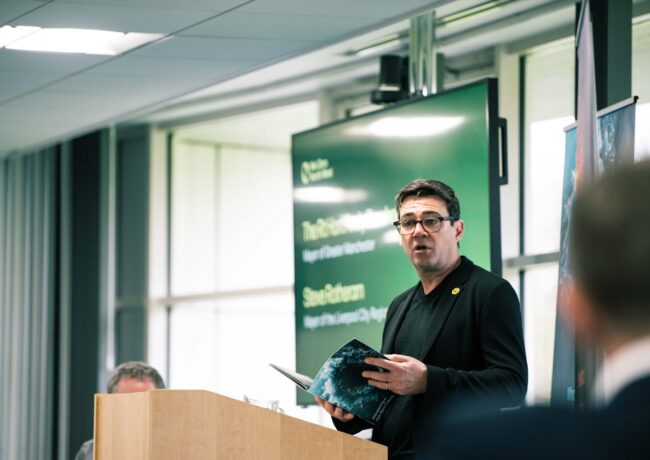Arup to help university with climate change plan
Salford University is conducting a £2.5m research project using Greater Manchester as a basis to develop plans that will prepare urban areas for climate change between 2020 and 2050.
The university is also using areas in Cardiff for its research which will study economic and resource constraints, as well as climate change, being predicted during the 30 year period.
Salford University said a team from its Sustainable Urban and Research Futures Centre will seek to address "the problems of adapting to a future where climate change and resource scarcity place strain upon our cities".
The research, titled Urban Retrofit, aims to address a full range of needs and solutions that cities need to adapt their structures.
Salford University said this includes examining the changes that cities need to make to their technical skills, technological solutions and the targets that they set themselves.
The team will also look at the organisations which need to work together to achieve these changes, including government, universities and the public.
The university added that the team will be speaking to relevant groups in Greater Manchester and Cardiff "to draw together currently disparate transport, planning and infrastructure projects".
Partners include Cambridge, Cardiff and Oxford Brookes universities alongside commercial partners Tata Steel Europe, formerly Corus, and engineers Arup, and local authorities in both regions.
At the end of the project, the researchers aim to have developed a framework which cities across the UK and further afield can use to integrate their carbon, water and resource reduction plans and to have produced a series of case studies which can be used as practical illustrations.
Professor Simon Marvin, from the Sustainable Urban and Research Futures Centre, said: "Cities are seen as both the problem and the solution to climate change and resource depletion. This interdisciplinary research aims to overcome the disconnect between two key issues; firstly, 'what' is to be done to the city, through technical knowledge, targets, technological options and the costs of re-engineering, and secondly, 'how' it will be implemented through institutions, publics and governance.
"The critical question is will we simply 'make-do' and 'muddle through' or is it possible to systematically reshape the infrastructures and buildings of cities in order to more effectively manage their environmental impacts."
Roger Milburn, Arup director, added: "Strategically, Arup is interested in how models of intervention are developed to make integrated and comprehensive changes in the organisation of urban infrastructure. We have worked jointly with the Sustainable Urban and Research Futures Centre to develop a model of the how cities can develop the social and technical knowledge and capacity to manage systemic changes in infrastructure networks.
"In my role as chair of Sustainable Urban and Research Futures' advisory board I am particularly aware of the challenge that systemic retrofitting raises for city-regional partners in both the public and private sectors so I'm looking forward to working with the centre on this project."
Salford University said the project is one of the first to be linked to the university's other activity which addresses energy efficiency and scarcity issues. Part of the project is the 'Energy House' research work being carried out, which involves a 1920s-era house built inside a lab due to open in January.
- For more information on the project and its partners, visit the Salford University website



